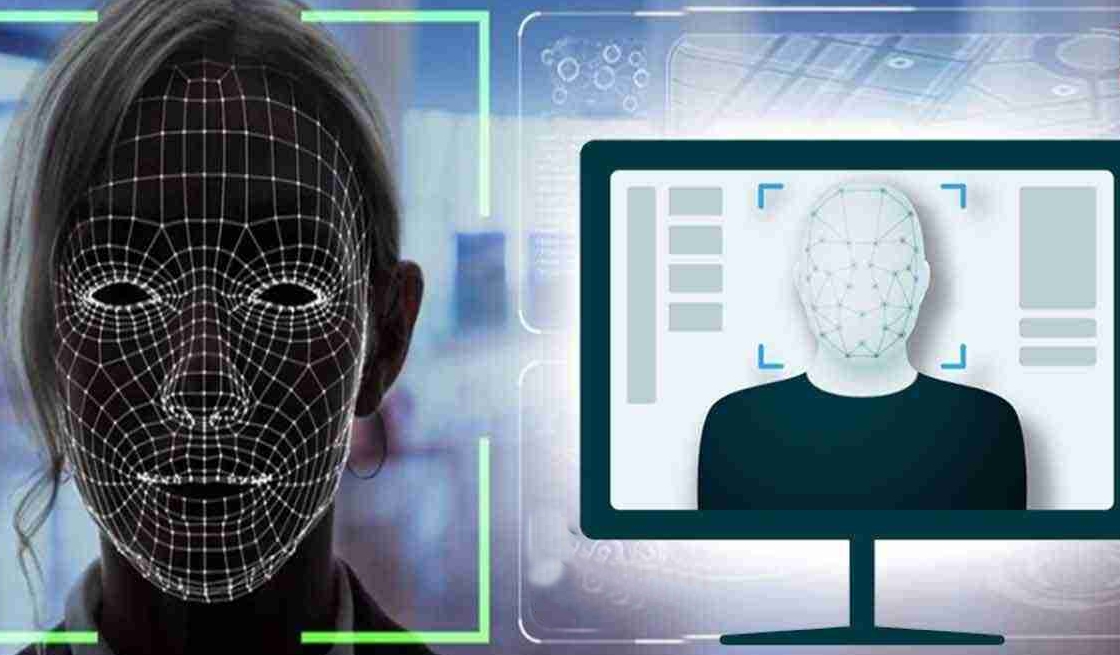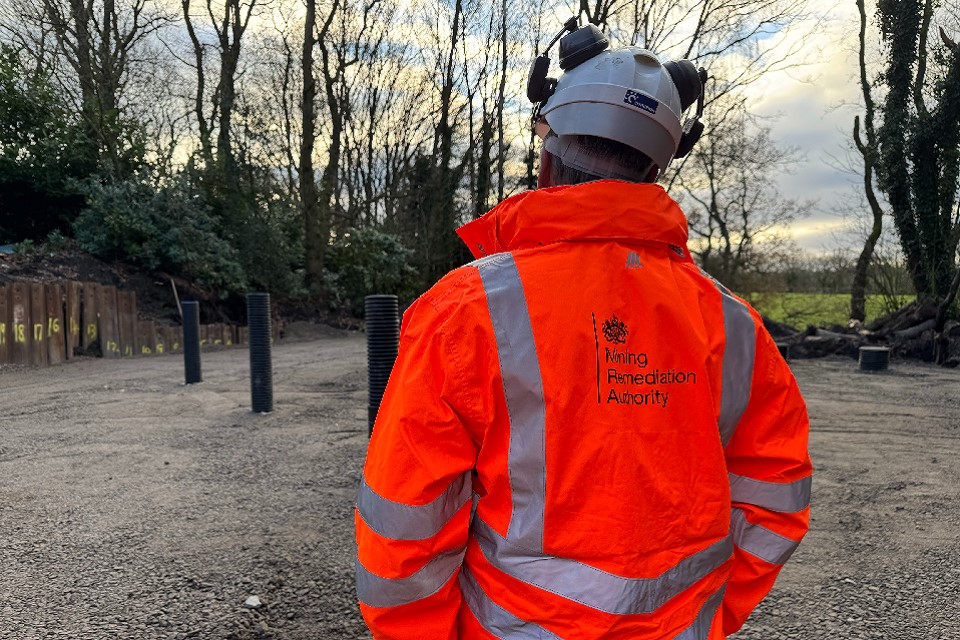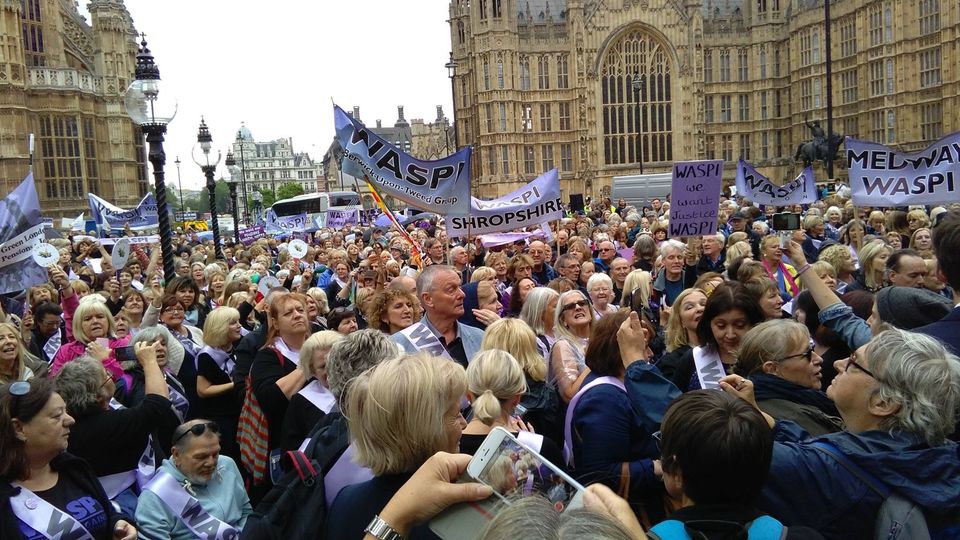The government has also re-classified violence against women and girls as a national threat…reports Asian Lite News
Despicable people who create sexually explicit deepfakes will face prosecution under a new law going through its parliamentary journey, the British government said on Tuesday.
Deepfake refers to images and videos made to look hyper-realistic, with the victim usually unaware and unable to give their consent. Under the new offence, those who create such images without consent face a criminal record and an unlimited fine. If the deepfake content is then shared more widely, offenders could be sent to jail.
The creation of deepfake sexual images is despicable and completely unacceptable irrespective of whether the image is shared, said Laura Farris, UK Minister for Victims and Safeguarding.
It is another example of ways in which certain people seek to degrade and dehumanise others – especially women. And it has the capacity to cause catastrophic consequences if the material is shared more widely. This government will not tolerate it. This new offence sends a crystal-clear message that making this material is immoral, often misogynistic, and a crime, she said.
Last year, reforms in the UK’s Online Safety Act criminalised the sharing of deepfake intimate images for the first time. The new offence, which will be introduced through an amendment to the Criminal Justice Bill, will mean anyone who makes sexually explicit deepfake images of adults maliciously and without consent can now also face prosecution. It will apply to images of adults as the country’s law already covers this behaviour where the image is of a child under the age of 18.
The Ministry of Justice said the Bill, which continues its passage through Parliament, is also creating a range of new criminal offences to punish those who take or record intimate images without consent or install equipment to enable someone to do so. The government has also re-classified violence against women and girls as a national threat, meaning the country’s police must prioritise their response to it, just as they do with threats like terrorism.
Under the Bill, a new statutory aggravating factor will be brought in for offenders who cause death through abusive, degrading or dangerous sexual behaviour or so-called rough sex, often used as a defence in such legal cases.
A new statutory aggravating factor for bitter former partners who murder at the end of a relationship is also a part of reforms following recommendations made in the Domestic Homicide Sentencing Review three years ago.
The offence will be introduced through an amendment to the criminal justice bill, which is making its way through parliament. Laura Farris, the minister for victims and safeguarding, said the creation of deepfake sexual images was “unacceptable irrespective of whether the image is shared”.
“It is another example of ways in which certain people seek to degrade and dehumanise others – especially women. And it has the capacity to cause catastrophic consequences if the material is shared more widely. This government will not tolerate it.
“This new offence sends a crystal clear message that making this material is immoral, often misogynistic, and a crime.”
Yvette Cooper, the shadow home secretary, supported the announcement, saying: “It’s welcome that the government has accepted Labour’s calls to criminalise the creation of deepfake pornography. Superimposing somebody’s image on to sexually explicit photos and videos is a gross violation of their autonomy and privacy, which can cause enormous harm, and it must not be tolerated.
“It’s essential that the police and prosecutors are equipped with the training and tools required to rigorously enforce these laws in order to stop perpetrators from acting with impunity.”
Deborah Joseph, the editor-in-chief of Glamour UK, welcomed the planned amendment.
“In a recent Glamour survey, we found 91% of our readers believe deepfake technology poses a threat to the safety of women, and from hearing personal stories from victims, we also know how serious the impact can be,” she said.
“While this is an important first step, there is still a long way to go before women will truly feel safe from this horrendous activity.”
Earlier this year, the European Union proposed a new law to criminalise the sharing of sexually explicit images created using Artificial Intelligence (AI) to prevent the rise of sexual exploitation of women online.
“The latest disgusting way of humiliating women is by sharing intimate images generated by AI in a couple of minutes by anybody. Such pictures can do huge harm, not only to pop stars but to every woman who would have to prove at work or at home that it was a deep fake,” European Commission Vice President Věra Jourová had told Politico.












